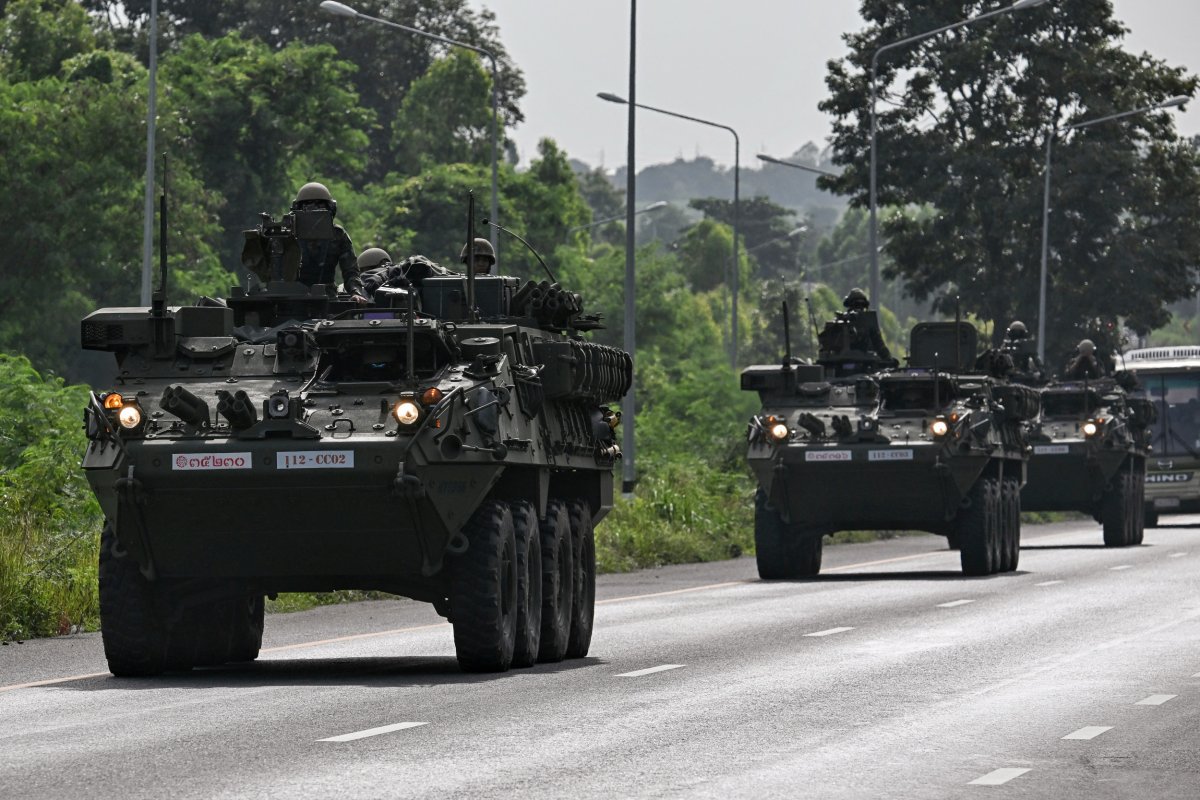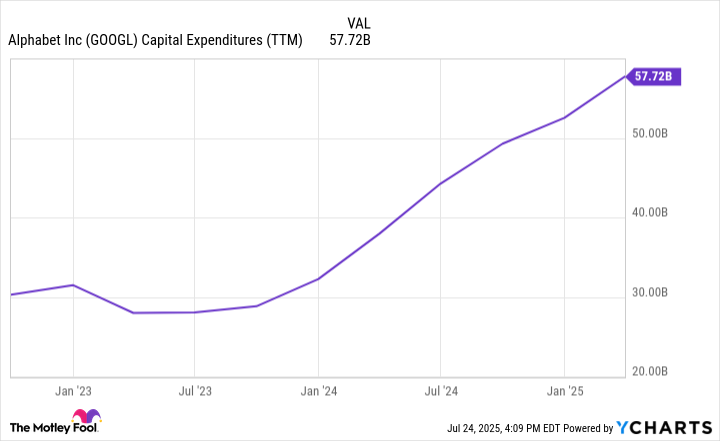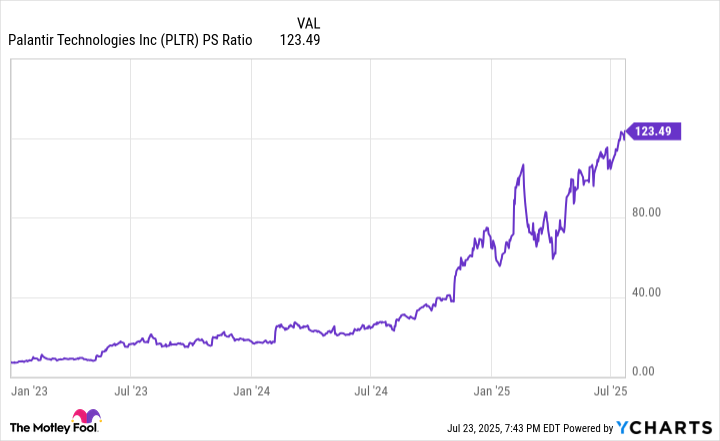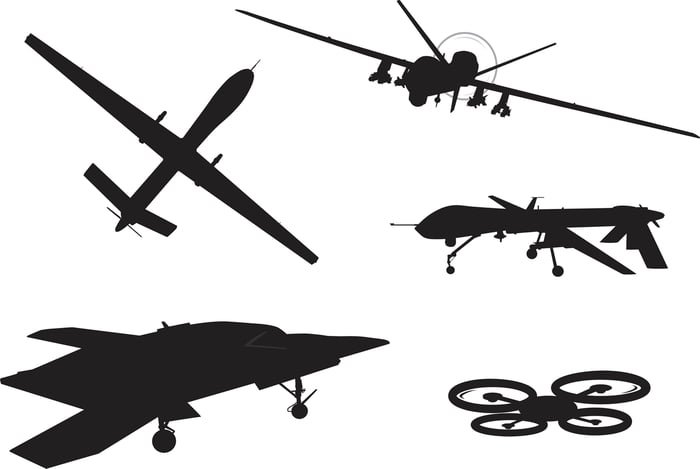A deadly and dramatic escalation in a decades-long border dispute between Thailand and Cambodia is the latest challenge to U.S. President Donald Trump‘s vow to enforce a more peaceful international order.
But the fiery bout in Southeast Asia also marks a test for Washington’s waning influence in a region viewed as a crucial theater in a geopolitical competition between the United States and China.
“This crisis represents a critical test of American and Chinese influence in Southeast Asia,” Sophal Ear, a regional expert and associate professor at Arizona State University’s Thunderbird School of Management, told Newsweek.
“For the U.S., Thailand is a key strategic partner, essential to sustaining American military and diplomatic presence in the region,” Ear said. “For China, Cambodia is a central player in its regional ambitions under the Belt and Road Initiative, serving as a strategic foothold.”
He argued that “both powers recognize significant stakes: instability could undermine their respective regional alliances and economic interests, while an overly aggressive stance risks deepening geopolitical competition.”

A Cambodian soldier stands on a truck carrying a Russian-made BM-21 rocket launcher traveling along a street in Oddar Meanchey province on July 25, 2025.
TANG CHHIN SOTHY/AFP/Getty Images
Another U.S. Setback
The latest Thailand-Cambodia border dispute dates back to 1907, when a map drawn during French colonial rule in Cambodia marked a boundary still cited by Cambodian officials today. Thai officials dispute this demarcation and claim territory beyond it, including ancient Khmer-era Hindu temples, such as Preah Vihear, despite two International Court of Justice rulings favoring Cambodia’s claims.
Their rivalry has played out against the backdrop of broader international conflicts among world powers, including World War II and the Cold War. A decade before the U.S. war in Vietnam, then divided between a communist north and a nationalist south, Thailand joined the U.S.-backed Southeast Asia Treaty Organization (SEATO), serving as a bulwark against the spread of communism in the region.
North Vietnam would emerge victorious against the U.S. in 1975, uniting the nation and soon going to war with the rival China-backed Khmer Rouge communist leadership of Cambodia, leading to its downfall by the end of the decade. Thailand, meanwhile, remained a staunch ally of the U.S. anti-communist posturing in Asia and, to this day, cooperates closely on a number of issues, especially defense.
However, the country’s prominence in Washington’s foreign policy has declined in recent decades, particularly as the U.S. has intensified its relations with its former foe, Vietnam.
China, meanwhile, has invested heavily in ties with all countries in the region, including Cambodia, Thailand and Vietnam. And as Beijing’s growing global presence occupies a larger space in U.S. foreign policy, some argue that U.S. attention to Thailand has been sidelined.
“I think the U.S. already flunked the test and that should be a wakeup call,” Evan Feigenbaum, vice president for studies at the Carnegie Endowment for International Peace and former deputy assistant secretary at the U.S. State Department, told Newsweek.
“Because if the U.S. frame on Southeast Asia is that it’s all about fighting the proxy fight with China for influence,” he said, “the fact that the U.S. is now missing in action and really has no leverage to bring to bear on either party, should tell you everything.”

Royal Thai Army soldiers are pictured on U.S.-built M1126 armored vehicles on a road in Chachoengsao province on July 24, 2025.
LILLIAN SUWANRUMPHA/AFP/Getty Images
China’s Balancing Act
Both the U.S. and China have called for de-escalation since the fighting first erupted Thursday, with at least 15 killed and dozens wounded. The Thai military has since claimed that more than 100 Cambodian soldiers have been killed as fighting spread throughout their rugged border, spanning some 500 miles.
“The United States is gravely concerned by reports of the escalating fighting along the Thailand-Cambodia border,” the State Department said in a statement issued Thursday.
“We are particularly alarmed by reports of harm to innocent civilians,” the statement added. “We express our deepest condolences on the loss of life. We strongly urge the immediate cessation of attacks, protection of civilians, and peaceful settlement of disputes.”
Chinese Foreign Minister Wang Yi called the situation “deeply distressing and concerning” and urged a “calm and careful handling.” At the same time, he argued that the “issue lies in the legacy left by Western colonial powers.”
“As a mutual neighbor and friend to both Cambodia and Thailand, China is committed to maintaining an objective and impartial stance, and will continue to play a constructive role in helping to de-escalate tensions and ease the situation,” Wang said Friday during a meeting with Association of Southeast Asian Nations (ASEAN) chair Kao Kim Hourn, who is seeking to mediate the conflict.
While Cambodia is traditionally viewed as a close partner of China, Beijing’s neutrality is also informed by its efforts to maintain and develop close relations with Thailand.
“The more logical model for [China], where their interests are threatened is to just kind of bring the hammer down quietly,” Feigenbaum said. “But I think their calculation would be that they would pay a cost with both they really don’t want to take sides between these two, because they want good relations with both of them.”
“So, they’d either have to bring pressure to bear on both of them simultaneously, or choose a side,” he added. “The latter is not an option for them.”
Further complicating any external role are the charged domestic politics that have helped fuel tensions to the point of open conflict.
After frictions intensified in May when an exchange of cross-border fire led to the death of a Cambodian soldier, Thai Prime Minister Paetongtarn Shinawatra was caught in a leaked phone call addressing Cambodian Senate President and former Prime Minister Hun Sen with terms of endearment and criticizing Thai military leadership. The incident led to her suspension from office and has threatened her already fragile ruling coalition.
As for whether the U.S. could step in where China was hesitant, Feigenbaum was doubtful, seeing Beijing as now closer in key ways to Washington’s oldest ally in Asia.
“The U.S. really doesn’t have the influence anymore on Thailand, so the idea that Thailand is some kind of U.S. proxy is nonsense,” he said. “And meanwhile, China has a good relationship with the royal family in Thailand, they’re the number one trading partner. They’re the number one investment partner.”
“The U.S. is still important economically,” he said, “but in relative terms, China, in a lot of ways, has become much more important.”
Risk of Escalation
Derek Grossman, a former U.S. intelligence official now serving as a professor at the University of Southern California, also believed that the Thailand-Cambodia conflict had yet to escalate to a Cold War-style proxy conflict.
At the same time, he warned that the situation had the potential to further drag in the world’s top two powers should it continue to escalate.
“While it is true that Thailand is a security ally of the U.S. and Cambodia is a close partner of China, both Washington and Beijing have called for an immediate ceasefire and de-escalation,” Grossman told Newsweek, “and thus there isn’t a proxy struggle playing out to achieve strategic advantage in Indochina—at least not yet.”
“That said, if the conflict worsens, it’s likely that the U.S. and China would deepen their support for their respective friends,” Grossman added. “Beijing has already said, for example, that the reason for the conflict was due to Western colonialism—a clear knock against powers external to the region.”
Grossman also noted how Thailand has thus far turned down international mediation efforts in favor of direct talks with Cambodia, a tactic he said could be attributed to the belief that it “has the upper hand militarily and that it has Washington in its corner if the crisis escalates.”
Meanwhile, Ear warned that, “if China hawks frame it as U.S.-ally Thailand v. China-backed Cambodia, this might be seen as a proxy war brewing even though this has nothing to do with China,” while noting the most likely path for both Beijing and Washington was “to encourage diplomacy and de-escalation.”
“The career diplomats are busy writing their statements, I’m sure,” Ear said. “I just hope the politicos aren’t too preoccupied between Epstein files, to pay the attention to this regional conflict.”








